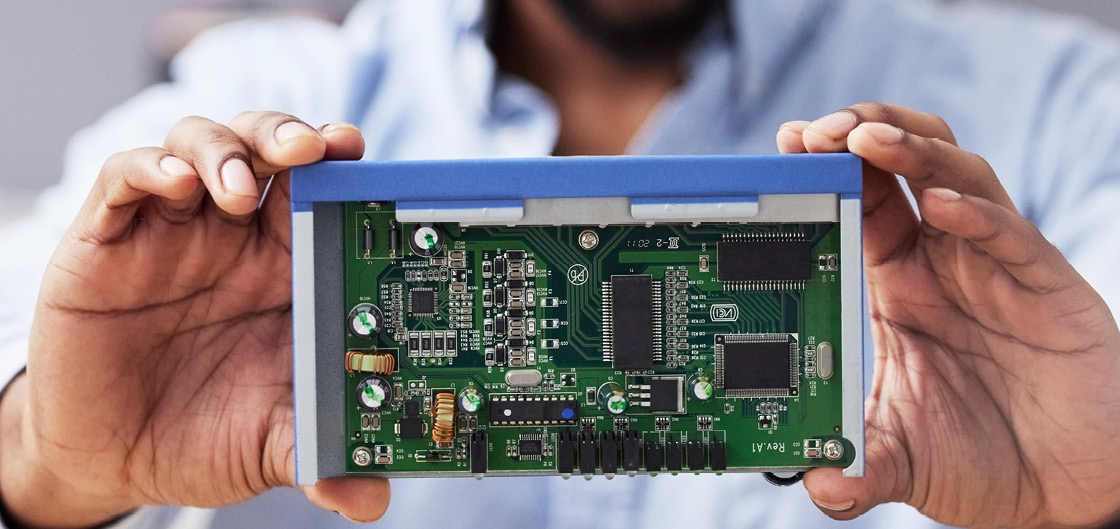State of “Right to Repair” laws in States
By Gay Gordon-Byrne, The Repair Association
Basics
“Right to Repair” (“R2R” or “Fair Repair”) laws apply specifically to manufacturers of products using digital electronic parts regardless of industry, application, shape, size or price. If the manufacturer makes repairs available in any form, including in-warranty repairs, they are required to provide access to the same service parts, tools, diagnostics, documentation and service software to owners and independents on fair and reasonable terms.
R2R fixes a problem unique to “modern” equipment. Since it is impractical or impossible for us to create digital parts, tools, or software in our workshops, we need to be able to buy these items from the manufacturer. The status quo has been repair monopolies now being broken by state legislatures.
State laws protecting buyers from unfair and deceptive acts and practices (“UDAP”) have proven effective in making requirements for the sale of service materials as a condition of granting a business license to the OEM. It was done first in 2012 in Massachusetts for automobiles and we adapted the statute to apply to anything made with a digital electronic part.

What laws are in effect?
Digital Right to Repair / Fair Repair Laws are now on the books in 5 states covering roughly 22% of our entire population (NY, MN, CA, OR, CO) Between these few states, a wide variety of equipment is included. If a gadget or gizmo includes a digital electronic part, at least one law in one state now has repair requirements to provide fair and reasonable access to all manufacturer-created repair materials.
A list of which laws apply to which products is available online.1
Impacts
- Voluntary cooperation is now apparent, particularly visible in the cell phone market. This is the direct result of legislative pressure in the form of over 270 bills in 49 out of 50 states – nearly all of which include cell phones.
- Repairability has become a marketing feature. As big tech names such as Google, Microsoft and HP promote the importance of more repairable policies and products, consumers are responding favorably with their wallets.
- Used equipment will have renewed value in the secondary market both as whole machines and as cadavers for parts harvesting. RLA members will be able to repair and resell more products more profitably even if recovered as component parts.
- Enforcement is underway. Repair businesses are complaining to states attorneys general, BBB, trade groups and to repair.org using our webpage.2 Please add your experience – the more we know the better we can push for improved legislation, regulations, and standards.
What’s Next?
The few product types not yet covered in R2R laws are due to either pre-existing state or federal laws, or political choices. For example, repair of computer gaming stations are still limited under US Copyright law. Some states have out-of-date laws about locks which are still on the books and must be considered. Others have laws limiting repair access to police, fire, and EMS radios. We work with legislators to accommodate these variables.
Looking ahead to 2025, we believe several more laws will pass entirely. Manufacturers are already finding it more practical to change their repair policies nationally, rather than refuse to sell repair materials in states without statutes. Some laggards will persist but the trends towards more repair legislation, regulations and standards are barrelling along at an increased pace around the world.

What can you do?
As an individual voter, your personal voice in your district is powerful. Use your voice (its free!!) Go to our site3, click on your state, and start asking your representatives to support R2R in 2025.
As businesses – your membership dues support go directly into advocacy and are tax-deductible business expenses. We get more done as a coalition than is possible from any single lobbyist expenditure. Join on our site.4
Gay Gordon-Byrne